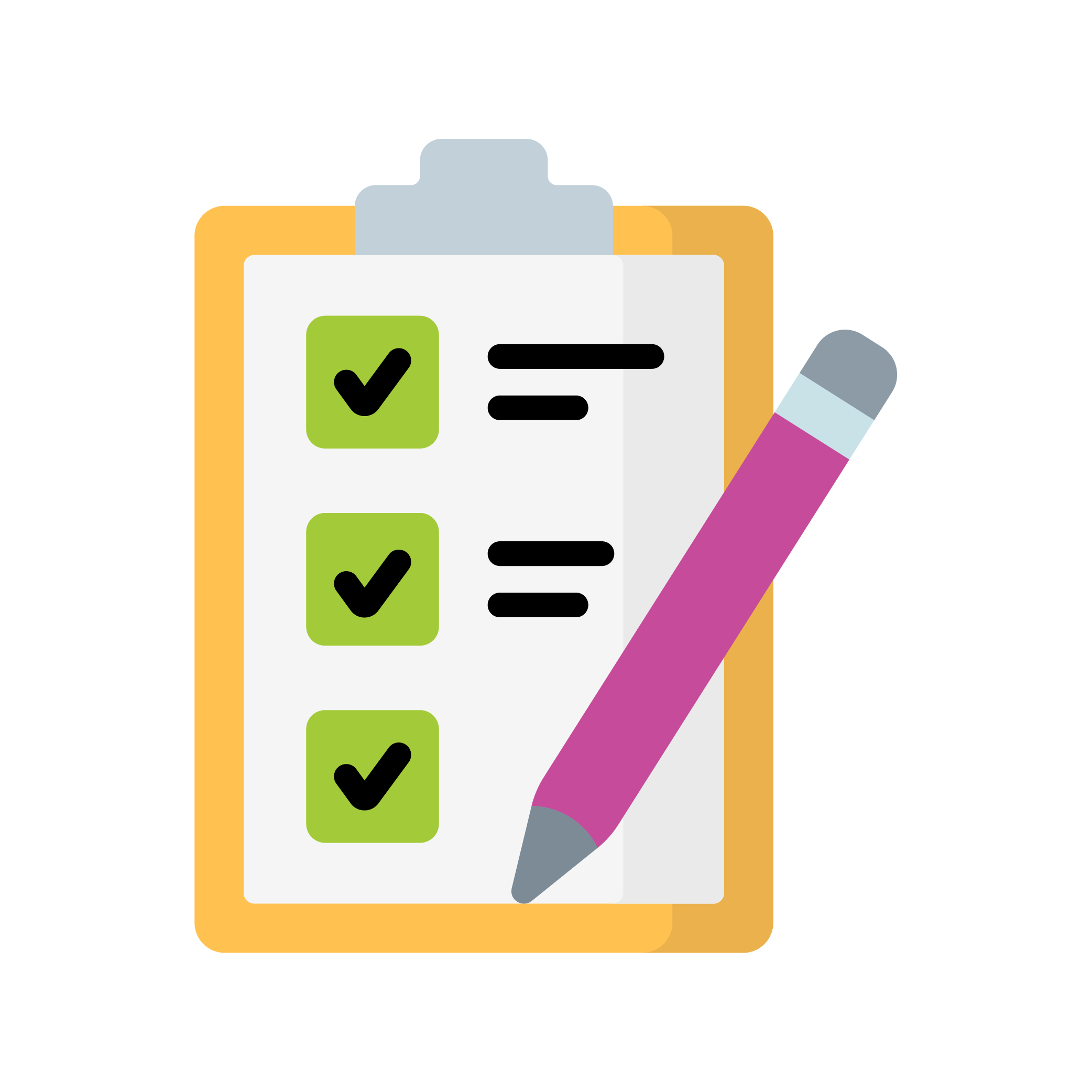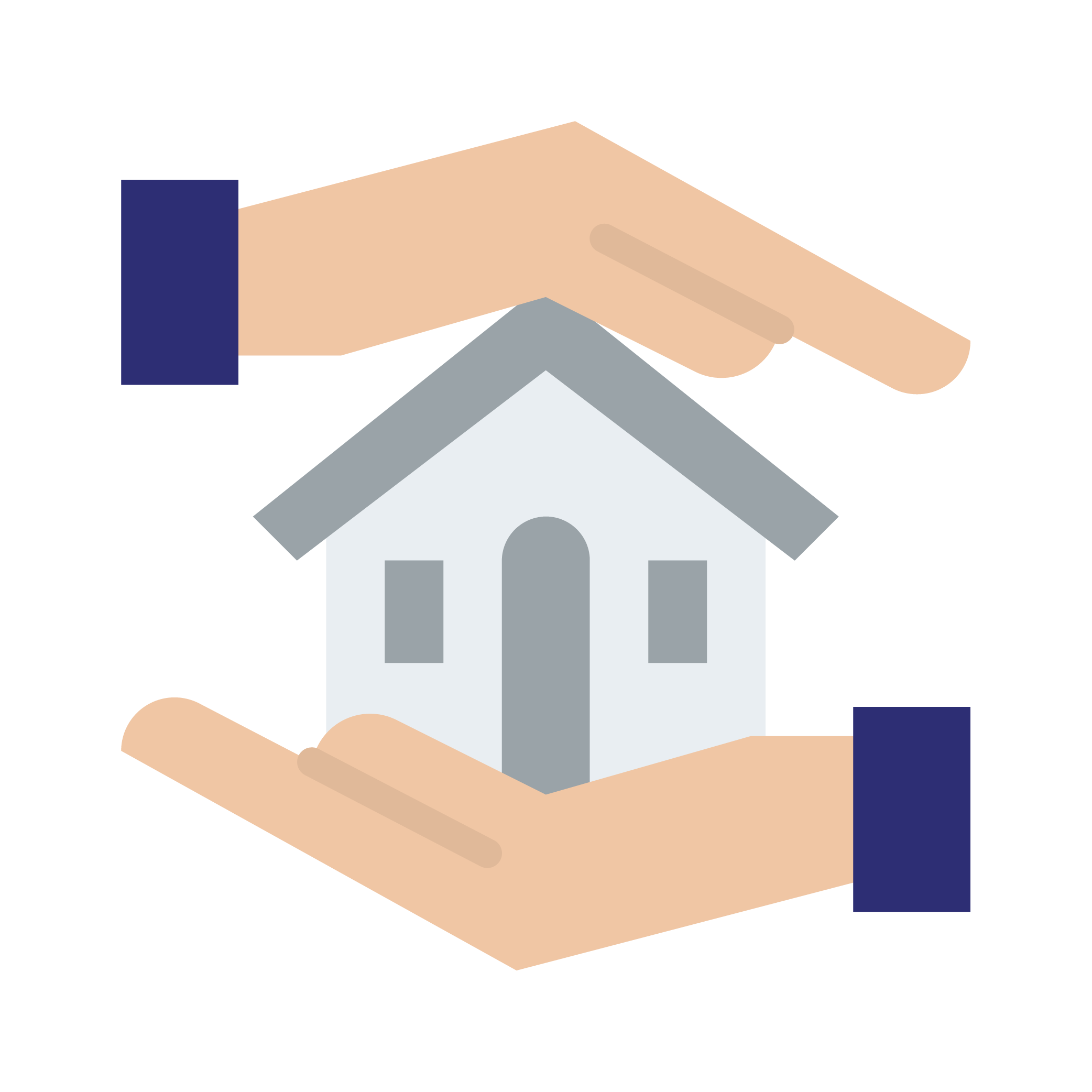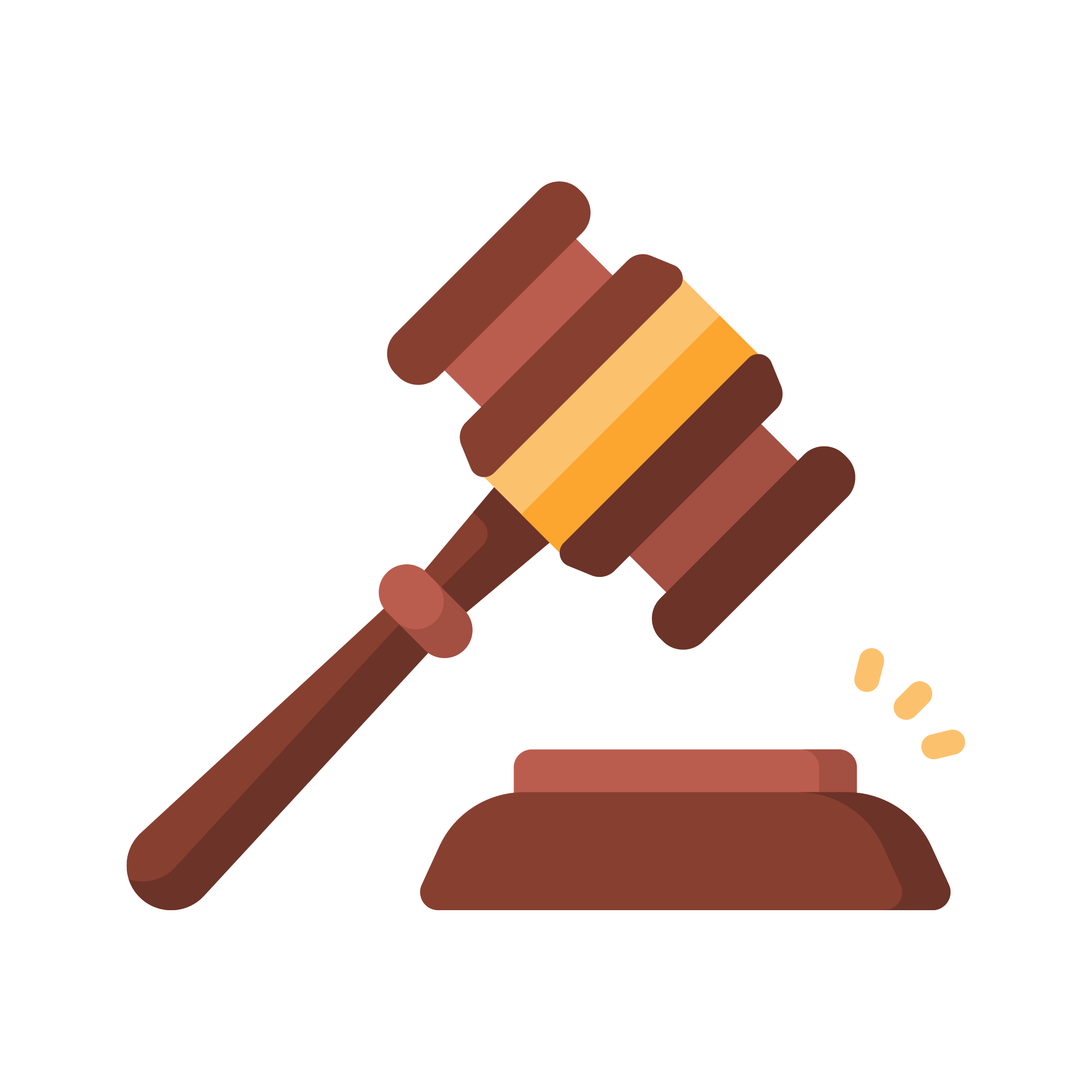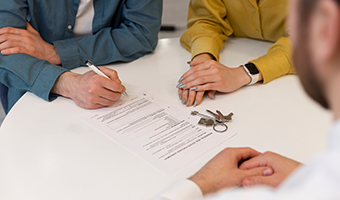Tips For Working With Tenants Through Property Damage – The Right Approach Can Make All The Difference
As a property owner or manager in Alberta, dealing with property damage caused by tenants can be a challenging and stressful situation. However, taking the right approach and maintaining open communication can significantly impact how effectively you handle such situations. In this article, we will explore essential tips for working with tenants through property damage, aiming to foster a positive relationship and resolve issues in a constructive manner. By following these tips, you can minimize damage, reduce conflicts, and maintain a harmonious rental experience for both parties.

1. Establish Clear Rental Agreements:
The foundation of a successful landlord-tenant relationship is a legally binding rental agreement. Ensure that your lease clearly outlines the responsibilities of both parties regarding property maintenance and damage. Clearly communicate the tenant’s obligations to keep the property in good condition and report any damages immediately. Likewise, outline your responsibilities for addressing repairs and maintenance promptly. A comprehensive and clear agreement will prevent misunderstandings and serve as a reference in case of disputes.

2. Conduct Thorough Tenant Screenings:
One of the best ways to mitigate potential property damage is by conducting thorough tenant screenings. Screen prospective tenants diligently, including background checks, credit history, rental references, and employment verification. Choosing responsible and reliable tenants decreases the likelihood of property damage and ensures a more peaceful rental experience.

3. Educate Tenants on Property Maintenance:
Set the expectations. Providing tenants with a handbook or checklist of property maintenance tips can go a long way in preventing damages. Offer guidance on regular tasks such as changing HVAC filters, cleaning gutters, and inspecting smoke detectors. Educating tenants about routine maintenance helps them take better care of the property and fosters a sense of responsibility towards the rental.

4. Promptly Address Repair Requests:
Responding promptly to repair requests displays your commitment to maintaining the property’s condition, this respect will go a long way to maintaining positive tenant relations. Timely repairs also prevent small issues from escalating into more significant problems, potentially saving costs in the long run. When tenants feel their concerns are being addressed promptly, they are more likely to treat the property with respect.

5. Conduct Regular Inspections:
Conducting periodic inspections allows you to assess the property’s condition and identify any maintenance or repair needs early on. Schedule these inspections in advance, and communicate the dates to your tenants. During inspections, offer constructive feedback to tenants on any minor issues you observe, and address any concerns they may have. These inspections help maintain accountability and ensure that both parties are fulfilling their responsibilities.

6. Educate your Tenants on Tenant Insurance:
While you, as a landlord, should have insurance for the property, it’s essential to encourage your tenants to have renter’s insurance. Tenant insurance can cover their belongings in the event of unforeseen accidents or disasters, reducing the potential financial burden on both parties.

7. Handle Disputes Calmly and Professionally:
If property damage does occur, approach the situation with empathy and understanding. Avoid jumping to conclusions or assuming the worst. Instead, calmly discuss the issue with the tenant, gathering all the facts before taking any action. A compassionate and open dialogue can lead to a more amicable resolution.

8. Mediation and Conflict Resolution:
In cases where the tenant disputes responsibility for the damage or the repair costs, consider involving a mediator to facilitate a resolution. Mediation provides a neutral third-party perspective and can help both parties find common ground, avoiding costly legal battles.

9. Document Everything:
Maintain detailed records of all communication, inspections, repairs, and disputes. Proper documentation can prove crucial in case of disagreements and can be used as evidence if legal action becomes necessary. Proper documentation can often be the difference should any legal issues arise.

10. Know Your Rights and Responsibilities:
Familiarize yourself with the landlord-tenant laws and regulations in Alberta. Stay current and up to date with issues surrounding your rights by joining and participating in an association such as the CRRA (Calgary Residential Rental Association). Understanding your rights and responsibilities ensures that you act in compliance with the law and avoid any legal complications.
Handling property damage caused by tenants requires a delicate balance of assertiveness, professionalism, and clear communication. By following the tips outlined in this article, you can create a positive and productive relationship with your tenants, reducing the risk of property damage and conflicts. Remember, the right approach can make all the difference in preserving your property and maintaining a harmonious rental experience for all parties involved.










